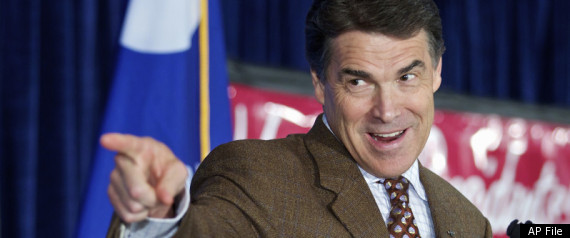The mortgage crisis began in 2006 and it’s all President Obama’s fault—at least according to Fox News host Sean Hannity. Hannity recently blamed Obama—“his policies, his economic plan, his fault”—for the mortgage crisis, ignoring who was actually president (that would be George W. Bush) as the housing market slipped.
Hannity’s is just one example of the selective memory and historical revision frequently on display in the conservative movement. Right-wing pundits, politicians and pseudo-historians are nibbling away at objective historical truths to rewrite history for present-day purposes, and hardly any topic is off-limits: glorifying the “Reagan Revolution” to children, sugarcoating the Jim Crow South and revising textbooks to offer a favorable view on Phyllis Schlafly—among many others.
Hannity’s is just one example of the selective memory and historical revision frequently on display in the conservative movement. Right-wing pundits, politicians and pseudo-historians are nibbling away at objective historical truths to rewrite history for present-day purposes, and hardly any topic is off-limits: glorifying the “Reagan Revolution” to children, sugarcoating the Jim Crow South and revising textbooks to offer a favorable view on Phyllis Schlafly—among many others.







